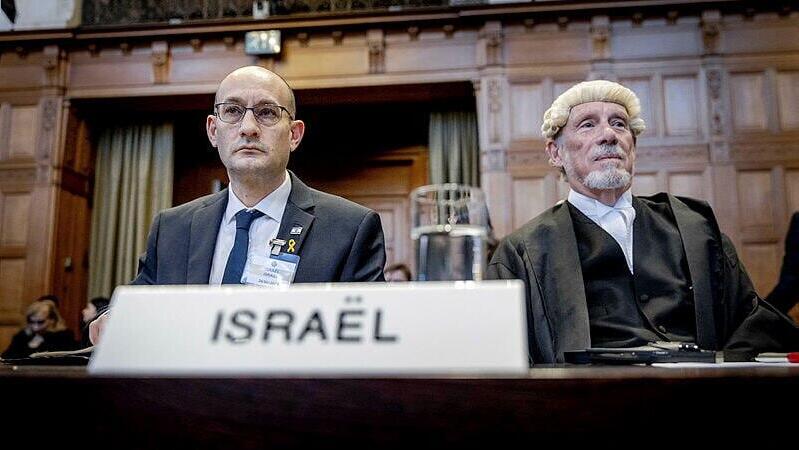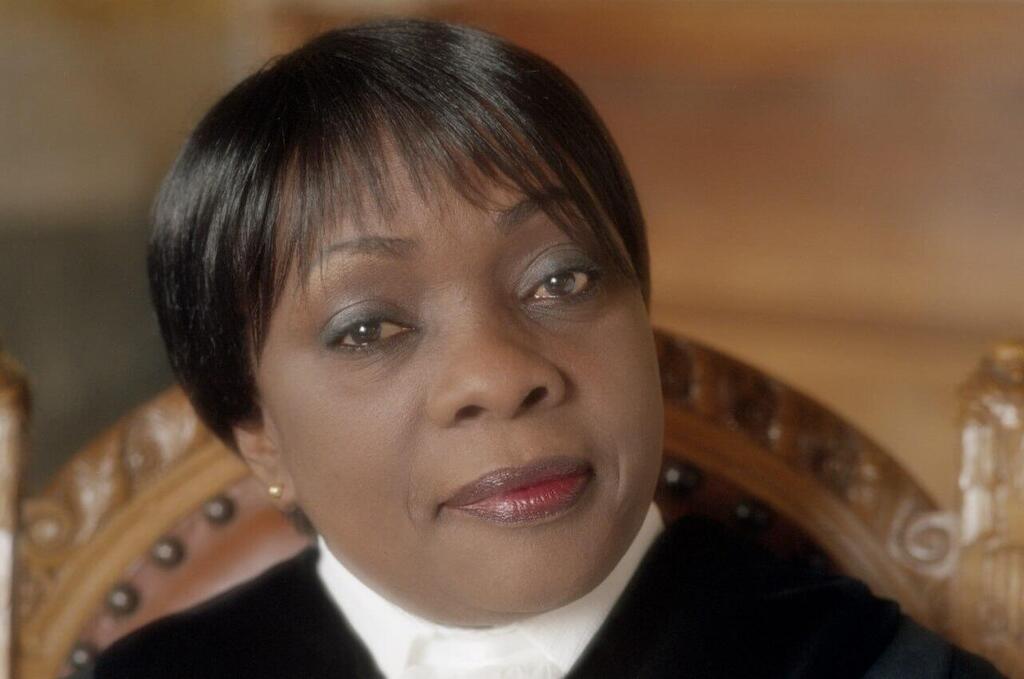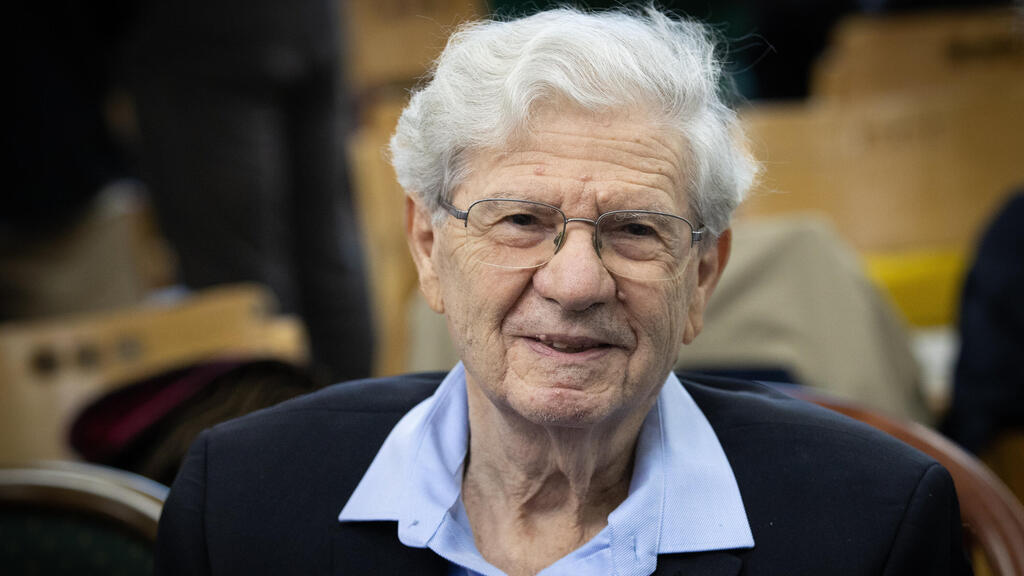Israeli ears found it hard to hear the International Court of Justice's (ICJ) statements issued by its president Joan Donoghue on Friday. The rhetoric used against Israel was harsh. The ICJ’s primary focus was directed at the Palestinian population in Gaza, and only a few words from the president were dedicated to the horrific massacre on October 7 and the hostages still held by Hamas. However, the bottom line is good for Israel – no order was given with practical significance in real-life situations.
More stories:
In essence, the ICJ called on Israel to adhere to international law and prevent actions that could be contrary to the Genocide Convention. Actions that Israel currently already takes.
The significant achievement in the trial is that none of the ICJ’s 17 judges granted South Africa's request for an order to stop the fighting in Gaza. South Africa attempted to rely on precedents established in the case of Ukraine against Russia, where a temporary order was issued based on the Genocide Convention, instructing Russia to immediately stop all military operations in Ukrainian territory. However, no judge of the ICJ accepted South Africa's position on this matter.
Furthermore, no ICJ judge mandated that Israel should minimize its military operations or allow some of Gaza’s population to return to their homes, and no operative orders were given regarding the supply of a specific amount of humanitarian aid to the Gaza Strip. Additionally, no judge decided to issue an order instructing Israel to reduce or cease military operations "except actions necessary to exercise the right to self-defense."
In practice, the ICJ provided six general interim orders: to do everything required within its authority to prevent acts going against the Genocide Convention; to ensure the IDF doesn’t engage in actions contrary to the convention; to take all measures to prevent and bring to justice public statements encouraging the killing of Palestinians; to take effective measures to provide humanitarian aid to the Gaza Strip’s residents; to preserve and prevent the destruction of evidence related to Israel's actions in the Gaza Strip; and to submit a report to the ICJ regarding the implementation of these actions.
An interesting point can be seen in the position of the judges who were in the minority. Ugandan Judge Julia Sebutinde opposed all of the orders. Judge Aharon Barak representing Israel joined her in opposing all of the orders except those relating to the prevention and prosecution of public statements encouraging the killing of Palestinians and providing aid to Gaza.
Judge Barak's crucial and decisive contribution to the relatively favorable final outcome toward Israel will be revealed in time. The main significance of this is that despite the legal standing of the court and its authority to adjudicate the claim and issue interim orders, the result is that general orders were given without practical implications, and without the concern that international pressure would arise to stop the fighting.
A court decision is reached after internal deliberations and the exchange of opinions among the judges. The Israeli perspective presented by Judge Barak to his fellow judges, along with his high international standing, was a decisive factor in the final outcome of the trial in the request for interim orders alone.
Seventy-five years ago, the State of Israel and the Genocide Convention rose from the smoke and ashes in Auschwitz’s crematoria, and now, Israel — who defends itself against a murderous terrorist organization openly declaring its intent to carry out mass killings and has committed acts of genocide and war crimes — finds itself accused of genocide.
Following the ICJ’s decisions, it can be said that despite the absurdity and bias in the charges, Israel, rightfully, stood tall in The Hague to present its defense, led by a distinguished legal team including Prof. Malcolm Shaw, Dr. Tal Becker, Dr. Gilad Noam, Dr. Omri Sander, Dr. Galit Raguan, and others.
 Dr. Matan GutmanPhoto: Shlomi Yosef
Dr. Matan GutmanPhoto: Shlomi YosefSouth Africa's cynical attempt to use the Genocide Convention against Israel and force an immediate cease-fire has failed.
Israel's goal of completing the initial stage of the interim orders without facing specific injunctions or at most, with general orders compelling Israel to act in accordance with international law - has been achieved.
- Dr. Matan Gutman is a lawyer, Ynet's legal analyst, and an expert in constitutional law, administrative law, and human rights law.





